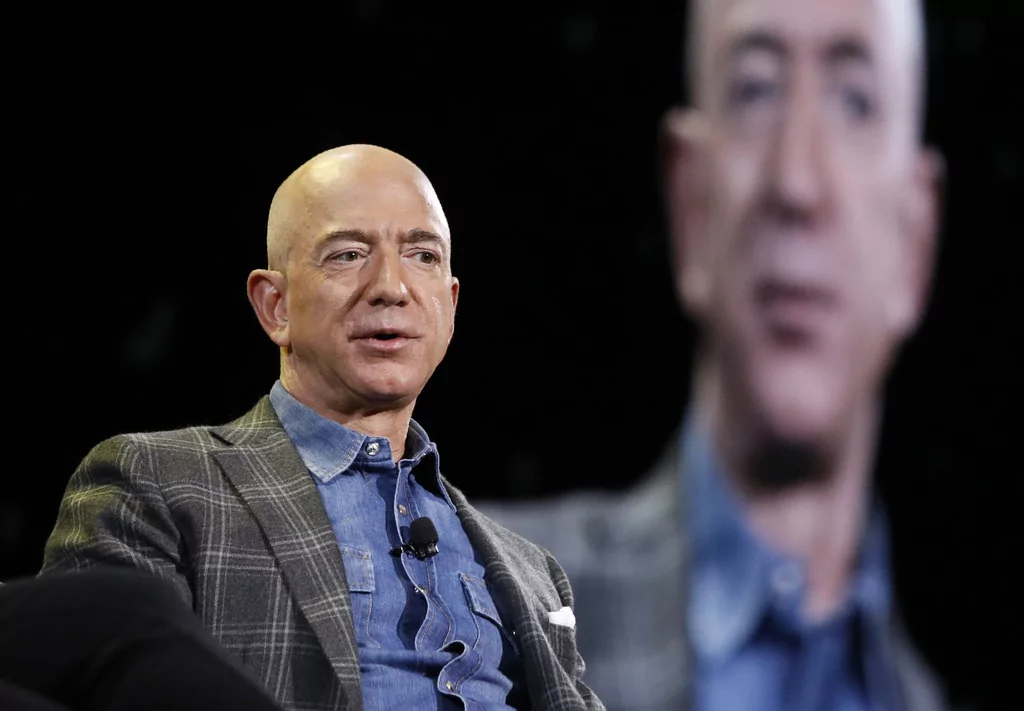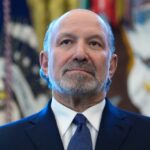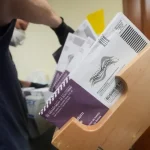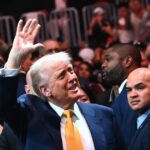

Washington Post owner Jeff Bezos shot down rumors of a “quid pro quo” regarding the newspaper’s decision not to endorse a presidential candidate this year.
On Friday, the Washington Post announced that it would not be endorsing a presidential candidate for the first time since 1988. The decision was personally made by Bezos himself, a decision that sparked outrage among many liberal subscribers. Bezos defended his decision in an op-ed for the paper, saying that it was a principled decision to boost the outlet’s credibility and that there was no ulterior motive.
In the piece, Bezos bemoaned the deteriorating position of the outlet. He argued that halting presidential endorsements was a needed step to recovering credibility and that such an endorsement wouldn’t have a big effect anyway.
“Presidential endorsements do nothing to tip the scales of an election. No undecided voters in Pennsylvania are going to say, ‘I’m going with Newspaper A’s endorsement.’ None,” he wrote. “What presidential endorsements actually do is create a perception of bias. A perception of non-independence. Ending them is a principled decision, and it’s the right one.”
He cited the example of Eugene Meyer, the publisher of the paper from 1933 to 1946, who also refused to do endorsements.
Bezos explained that a meeting between Blue Origin chief executive Dave Limp and former President Donald Trump was fully coincidental and had no impact on the decision not to issue an endorsement.
“I would also like to be clear that no quid pro quo of any kind is at work here,” he wrote. “Neither campaign nor candidate was consulted or informed at any level or in any way about this decision. It was made entirely internally.”
Upon finding out about the meeting between Trump and Limp, Bezos said that he “sighed,” knowing “it would provide ammunition to those who would like to frame this as anything other than a principled decision.”
“But the fact is, I didn’t know about the meeting beforehand,” Bezos said. “Even Limp didn’t know about it in advance; the meeting was scheduled quickly that morning. There is no connection between it and our decision on presidential endorsements, and any suggestion otherwise is false.”
Bezos warned that the paper had been losing its credibility with the public, hemorrhaging readers to social media and podcasts.
“Our brethren newspapers have the same issue. And it’s a problem not only for media, but also for the nation. Many people are turning to off-the-cuff podcasts, inaccurate social media posts and other unverified news sources, which can quickly spread misinformation and deepen divisions,” he wrote. “The Washington Post and the New York Times win prizes, but increasingly we talk only to a certain elite. More and more, we talk to ourselves.”
CLICK HERE TO READ MORE FROM THE WASHINGTON EXAMINER
“While I do not and will not push my personal interest, I will also not allow this paper to stay on autopilot and fade into irrelevance — overtaken by unresearched podcasts and social media barbs — not without a fight,” he added.
The decision not to endorse a candidate cost the company financially, with a reported 200,000 digital subscribers, 8% of its paid circulation, leaving after the announcement. Three editorial board members also resigned.




